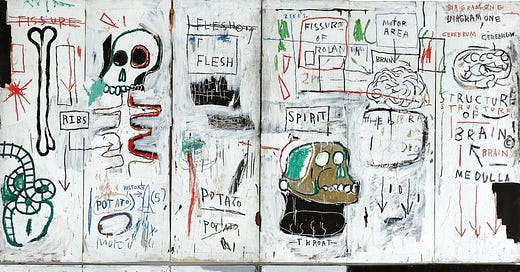Last month, I spoke at a fundraiser for our addiction and psychedelic non-profit. When my colleague introduced me, he told the audience that I was about to celebrate seven years of continuous sobriety. The small room erupted with cheers.
It’d been ages since I attended a proper recovery meeting, at least one …
Keep reading with a 7-day free trial
Subscribe to Deep Fix to keep reading this post and get 7 days of free access to the full post archives.




